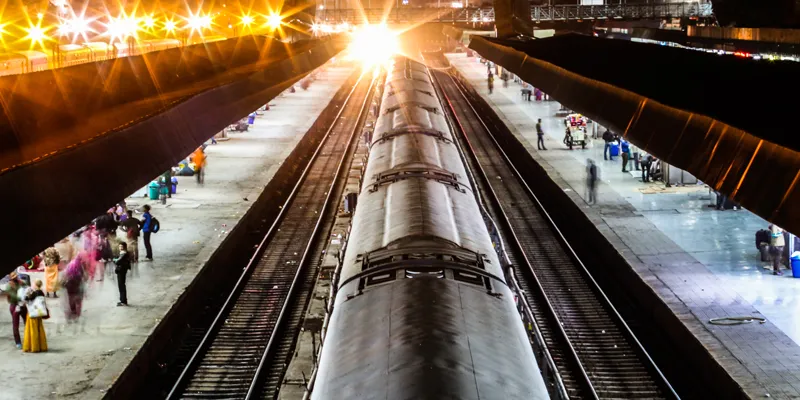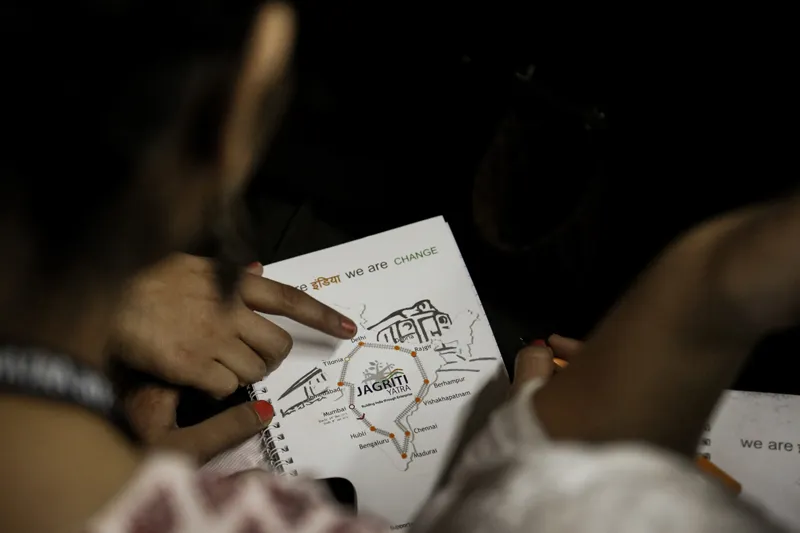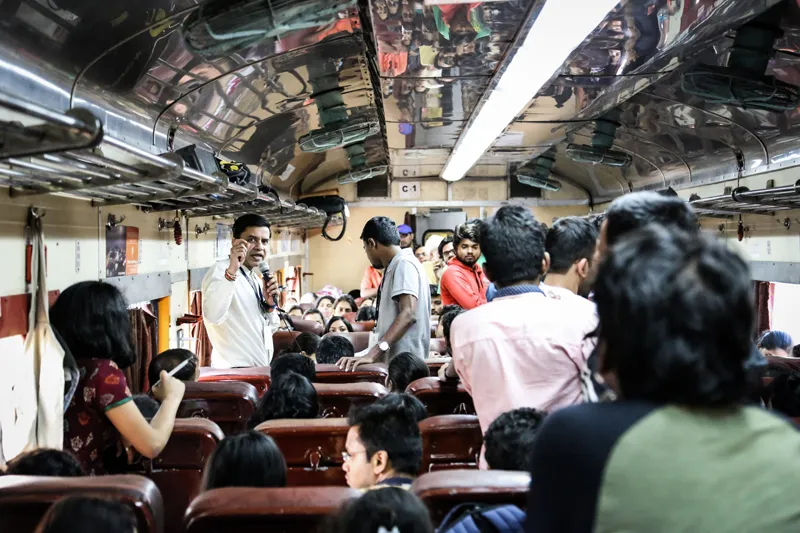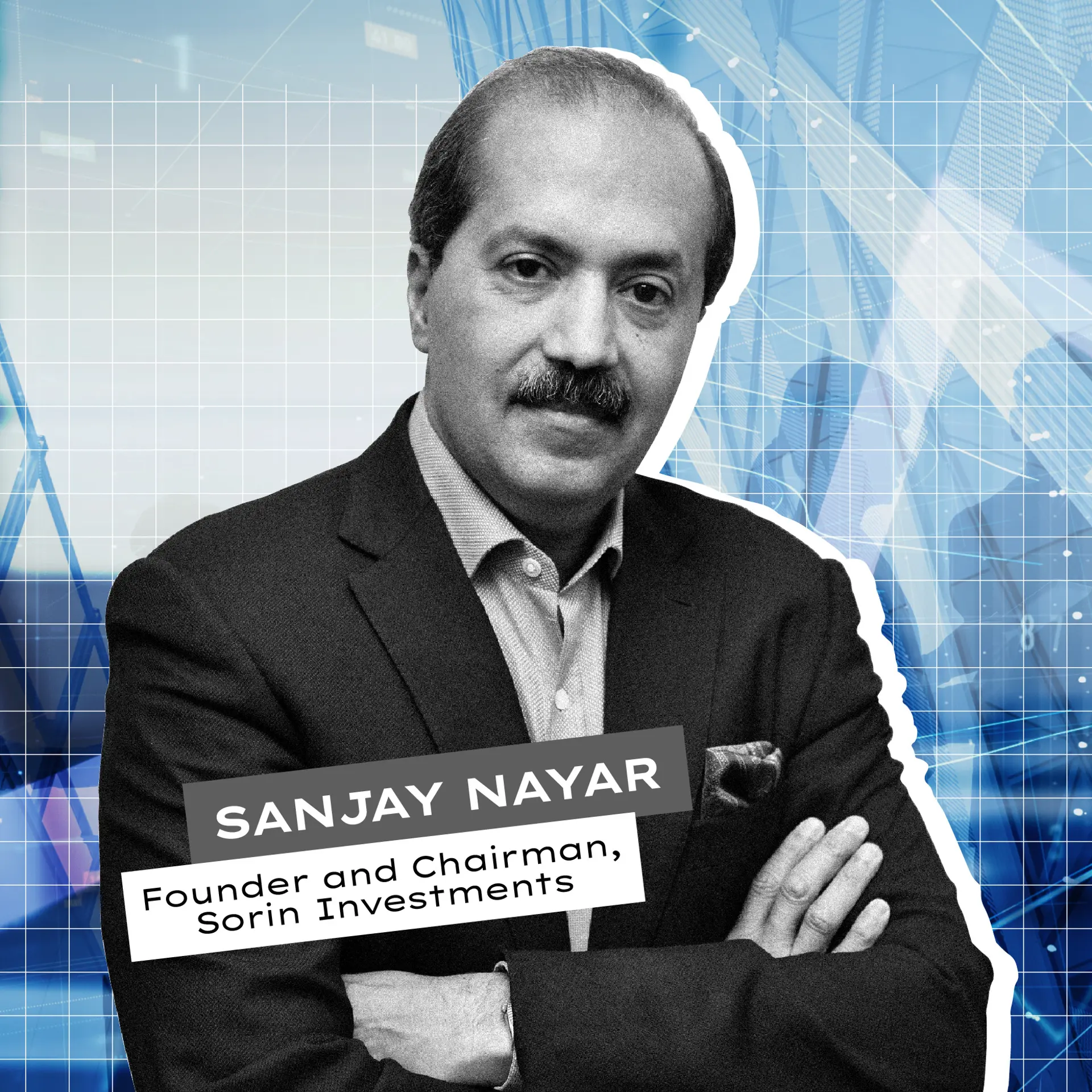How a train journey helped me understand the true India
Trains have a funny affect. They make you think. Walking through the sticky aisles of the Yatra Express, you’ll find 450 young thinkers – each with unique streams of thought; on the yatra, these streams united to form one congruent flow, a flowing stream that travelled by train for 15 days and 8,000 kilometres to think; about India, about others, and ourselves.

We thought about family, friends, and food; we thought about development, innovation, and became it; we thought about the future, the past, and present; we shared stories: joy and tragedy, lifelines and lifetimes; we thought about sustainability and replicability, about inequality and balance.
We explored and went beyond terminology, deeper than words. We smothered contrasts: rural, urban, old and new and became problem-solvers, or at least tried. We listened to panel discussions on empowerment, business-technology and agriculture. We asked questions, some of which are still unanswered, and we thought about persistent issues like public defecation and water purification, about freedom and solitude, or the power of one generation.
We saw blindness become enduring vision and saw living art, and art as livelihood. We saw a village electrified with no wires, sanitation pads made from recycled fabric, traditional music used as education, and mass-feeding of impoverished schoolchildren.
We ate countless pooris and endless heaps of rice, on train platforms or under the shade of a tree – it never mattered. We celebrated Christmas with strangers who became family, got drunk off chai for New Year’s, and honoured birthdays with companionship in lieu of cake.
We talked. Transformation, conquest, and ISIS; we talked startup tactics, cooperative models, investors and angels, VCs and VPs, heroes and ones that wish to be. We talked about seed-funding, incubation and acceleration, about political theory, economic theory, Marxism, sexism, and alcoholism. We approached approaches: bottom-up, top-down, trickle-down, bureaucracy and hierocracy; middle-class, middle-men, movers and shakers, leaders, prisoners, and visionaries.

We talked about toxicology in nanotechnology, the econometrics of civil engineering, about Donald Trump, about pollution, and parties: political and social, parenting practices and pornography. We debated capitalism and consumerism, colonialism and casteism, communism and corruption. We contemplated censorship and the media, Hollywood and Bollywood. We discussed democracy and diplomacy, the UN, EU, and India’s role in BRICS.
We shared. A welcoming home of all religions: Sikhs, Hindus, Muslims, Jews, Catholics, atheists and more, people that have never left their village, and others that stay at the Taj. We were clad in tank-tops and sarees, Nike and no-names, Ray-Bans and knockoffs. Together, we slept on the dirt floor of a school and shared everything, from memories to toothpaste. We gave blankets and received warmth in return, disclosed secrets and trust.
We looked different: white, black, brown and in-between, we spoke different tongues, but it mostly went unseen. We understood the same language of passion, we deconstructed stereotypes and appreciated diversity, got frustrated by minute mannerisms and learned to respect them.
We created business models that failed before they were even pitched, as well as others that showed promise. We made revenue streams, Excel spreadsheets, Google Docs, and Facebook friends. We WhatsApped, tweeted and Instagramed the whole way, though nothing can tell the full story. We filled our notebooks with poetry, art, prose, even mission statements, slogans, and logos. People, too. Future prime ministers, entrepreneurs, Yatripreneurs and business connoisseurs, good parents, children, and grandchildren, people with future PhDs, law degrees, and Biz Gyan Trees; presidents, CEOs, and IITians; future engineers-turned-philosophers, role models, authors, champions, and MPs.
We came together from 28 States, 6 Union Territories, and 23 countries from around the world. We voluntarily came to one place – a claustrophobic space, where we redefined quality education and teaching. We considered the prospects of technology, inter-connectivity, and efficiency in an era of globalisation. We strived for equality and observed simplicity. We empathised with traditions of the North and adored the intellect of the South.
We remembered historians and scholars, politicians and pioneers. We walked in the footsteps of Buddha and Mahavira, called to mind the teachings of Mao, Freud, and Lincoln. We experimented with the truth, and, in doing so, discovered a Gandhian India while creating our own.

We nudged each other in the back: in the aisle of the train, in the queue for food, and in recognition that we can always move forward – as individuals, as a yatra, a country, and humanity.
We saw change. A change of tangible nature, seldom found: in the landscape, in the climate, in our appearances and our thoughts. Our truths became misconceptions, our values became obsolete; some struggled without meat, others with the heat, or simply crossing the street. Our needs transformed from luxury to survival, friendship, and intellectual quarrel. We felt India pluck at our heartstrings like never before as we moulded our own stories in outdated bogies of the Indian Railways.







